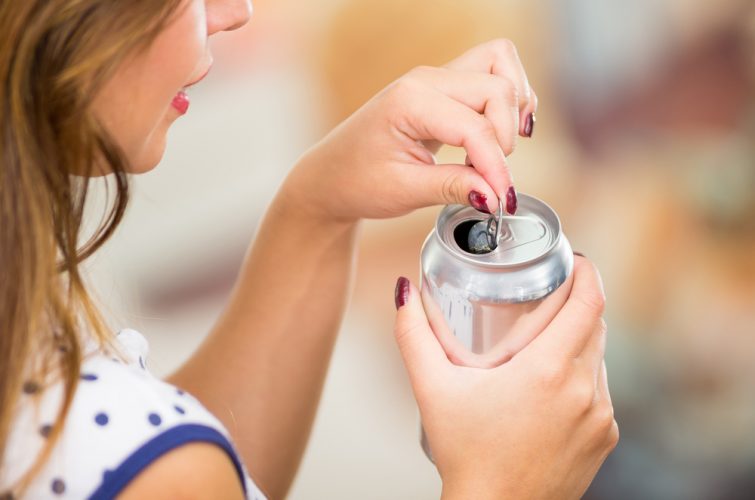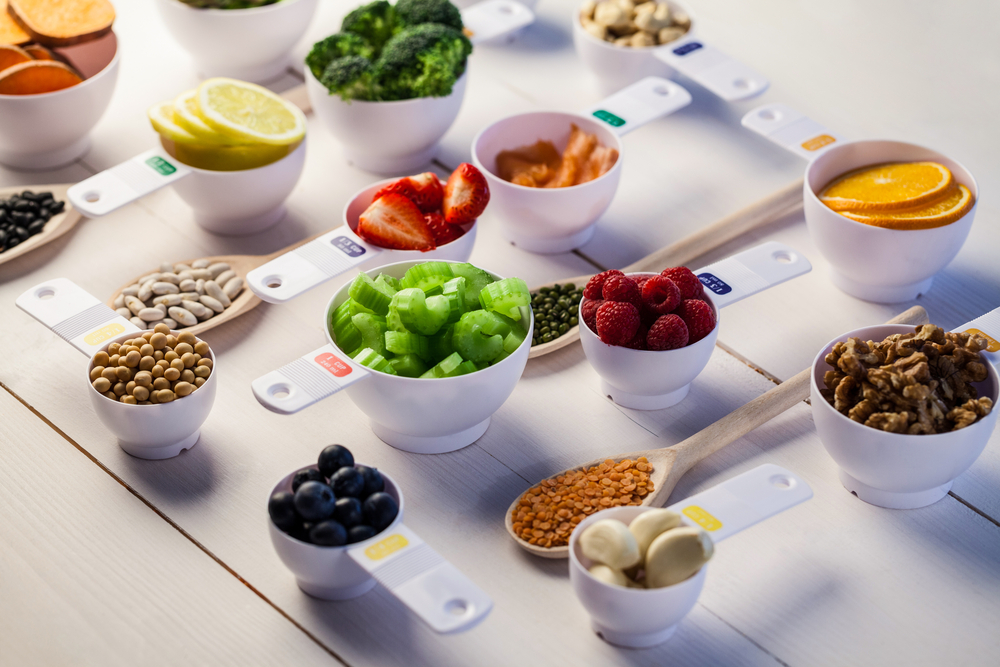By: Kaitlin Britz
Over the years, our added sugar consumption has increased tremendously, as have incidences of obesity. In the United States, our intake of sugar-sweetened beverages (SSBs) like soft drinks, sports drinks, bottled coffees and teas, and fruit-flavored drinks account for nearly half of added sugar in our diets. This is problematic because SSBs are high in calories and contain almost no necessary nutrients. Additionally, drinking SSBs has been linked to growing rates of obesity and type 2 diabetes.
Since the World Health Organization (WHO) published modified guidelines for sugar intake in 2015, there has been an emphasis on policy actions to reduce sugar consumption globally. In some areas, various restrictions have been either been proposed or implemented to reduce SSB consumption. To counteract this, beverage companies have focused on producing artificially sweetened beverages (ASBs), which provide a sugar-free alternative to full-sugar drinks.
ASB’s are often perceived as the “diet” versions of full-sugar soft drinks which can lead consumers to believe that they are a healthier option for weight loss. Despite these beliefs, there is no solid proof that ASBs are any more beneficial for health or preventing obesity. In addition, there is a concern that ASBs may cause compensatory eating because of the low-calorie content, and by stimulating sweet taste receptors which could hypothetically increase appetite and encourage a preference for sweet taste.
In closing, while there is so no conclusive evidence that ASBs contribute to weight gain, there is also no proof that ASBs assist with weight loss or preventing weight gain when compared with the full-sugar versions, so choosing that diet soda really may not be any better for weight loss than drinking a full sugar soda.
Source: Maria Carolina Borges, Maria Laura Louzada, Thiago Herick de Sa , Anthony A. Laverty, Diana C. Parra, Josefa Maria Fellegger Garzillo, Carlos Augusto Monteiro, Christopher Millett. Artificially Sweetened Beverages and the Response to the Global Obesity Crisis. PLOS Medicine, January 2017 DOI: 10.1371/journal.pmed.1002195





Comments (0)